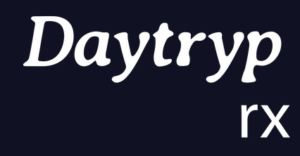Introduction
What if the secret to unlocking peak athletic performance lies in the realm of psychedelics? In recent years, a growing number of athletes have been exploring the surprising symbiosis between these mind-altering substances and their impact on stamina, focus, and mental well-being. From world-renowned surfers to legendary baseball players, the stories of these individuals highlight the potential benefits of psychedelics when used responsibly and in the right doses.
In this article, we’ll delve into the fascinating relationship between psychedelics and athletic performance, exploring the experiences of notable athletes and examining the emerging research on this unconventional approach to mental and physical enhancement. As we break down the stigma surrounding psychedelics, join us in discovering the untapped potential they hold for revolutionizing the world of sports and beyond.
The Surprising Symbiosis of Psychedelics and Athletic Performance

Eddie Padilla, world-renowned surfer and member of Brother of Love, sheds light on the practical aspect of a culture rooted in psychedelics and marijuana, rather than alcohol. According to Padilla, the LSD experience encouraged a healthier lifestyle, which aligned with the existing habits of surfers. Surfing required individuals to stay sober and attuned to nature, ensuring they were ready for the waves the next day.
This rationale points to one reason why psychedelics have long been a part of extreme sports culture. Psychedelic experiences in nature are not only more inspiring but also more practical. LSD can last for up to 14 hours, a duration that might be too long for some, especially if taken at night. However, if taken in the morning, with the vastness of oceans, deserts, or mountains to explore, the LSD trip becomes more manageable as it fades with the daylight.
The other reason lies in the psycholytic effects of psychedelics at the right dosages. Many athletes who use LSD at these levels believe it enhances their stamina and abilities.
The powerful combination of heightened spiritual appreciation for the natural environment, increased stamina, and improved balance make psychedelics invaluable among mountain athletes.
The Dock Ellis and Riley Cote Experiences

Anecdotal evidence suggests that microdosing psychedelics can indeed enhance athletic performance. A famous case is that of Pittsburgh Pirates pitcher Dock Ellis, who, in 1970, threw a no-hitter while under the influence of LSD. James Oroc’s essay also credits microdosing LSD for numerous accomplishments in extreme sports, such as heli-skiing off Alaskan peaks, motorbike racing, surfing, and mountain climbing above 8,000 meters in the Himalayas. Before being banned, ibogaine was reportedly used as a stimulant by athletes from the 1930s to the 1960s. So, should microdosing psychedelics be classified as performance-enhancing drugs?
Riley Cote, a former professional ice hockey player, suggests that psychedelics indirectly improve athletic performance by promoting mindfulness and enhancing the overall quality of life. According to Cote, microdosing might not directly affect factors like speed, but it does influence focus, concentration, and training, which ultimately contribute to improved performance.
Cote highlights the mental barriers that often obstruct athletic success, such as overthinking, stress, and performance anxiety. He argues that, while athletes invest significant time and resources into physical conditioning, they often neglect mental training. Psychedelics may offer a means to train the mind, not just for athletes, but also for musicians, creators, and everyday people seeking self-improvement.
For years, rumors have circulated about a clandestine network of athletes, primarily ex-athletes, using psilocybin found in magic mushrooms to treat traumatic brain injuries, anxiety, and depression. Many, like Riley Cote, consider psychedelics a miracle cure, capable of breaking the cycle of pharmaceutical painkillers and substance abuse. These individuals often gather in small groups to consume mushrooms privately or travel to countries where psychedelic mushrooms are legal.
Psilocybin use is gaining momentum in the United States, with several cities decriminalizing possession and states like Oregon and Colorado legalizing it under supervised use. Researchers predict FDA approval of a psychedelic treatment within the next five years.
The study of psychedelics as medical treatments was revived in the 90s, with early findings suggesting potential benefits for patients with anxiety, depression, and addiction. Other experts indicated that psilocybin might be capable of reshaping brain anatomy and restoring neuropathways, potentially healing traumatic brain injuries. For Cote, who was diagnosed with multiple concussions during his hockey career, the experience was transformative.
Cote now recruits clients for Wake, a company that hosts immersive psilocybin retreats outside the U.S. Tyler Macleod, a Wake co-founder, describes how these events help attendees regain control of their lives. Cote questions why they should wait for further studies when existing research and anecdotes already indicate positive results.
Cote also notes that many athletes use psilocybin microdosing as a performance tool on game days. He compares the practice to yoga, as both methods help individuals achieve a flow state by moving from the thinking mind to the feeling body. Cote is optimistic about the role of psychedelics in athletes’ lives, observing a significant increase in consciousness surrounding these substances and their therapeutic effects in recent years.
The Controlled Substances Act and the Push for Psilocybin Research
In 1970, President Richard Nixon signed the Controlled Substances Act into law, categorizing magic mushrooms as Schedule 1 substances, alongside heroin and marijuana. This classification implied that the government believed they had no medical benefit and a high potential for abuse. These politically motivated decisions continue to impact research on psychedelic treatments today.
Recent studies, though small in scope, have demonstrated impressive effects. Prescription drugs approved for conditions like anxiety or depression are effective for only 40% to 60% of patients. In early trials, psychedelics have achieved efficacy rates of more than 70%. Additionally, one or two treatments of psilocybin can have lasting effects for six months, a year, or even longer, with minimal risk of addiction or overdose. As a result, many researchers view psilocybin as a potential breakthrough treatment with significant benefits and few risks.
Scott Aaronson, the director of clinical research programs at Sheppard Pratt, a nonprofit psychiatric hospital, has dedicated 40 years to studying challenging mood disorders. He recognizes the potential and excitement surrounding psychedelic research. Yet, even if psilocybin and other psychedelics were to merely function as a placebo, numerous athletes still report authentic relief from anxiety, depression, and other traumas associated with their sports careers.
With a potential multibillion-dollar global market, there is a significant financial incentive for companies in the psychedelic treatment space. Wake is just one of many for-profit startups backed by private investment money staking a claim in this emerging field. These companies hope to eventually open treatment centers or sell psychedelic drugs in the U.S. and Canada.
Clinical research on psilocybin must also address the mushroom’s image as a party drug, often associated with hippies sharing it at concerts. To change this narrative, companies like Wake are emphasizing the science behind psychedelic treatments. They argue that this isn’t just thrill-seeking, but legitimate medicine addressing real psychiatric conditions. This approach parallels the argument made by proponents of marijuana legalization, who initially pushed for its medicinal use before expanding to recreational consumption.
Psychedelics appear to help individuals examine old traumas without falling into destructive loops, fostering a sense of connection with others. While depression and anxiety are not simply erased, people may gain a new perspective on their problems and start to feel capable of overcoming them, perhaps for the first time.
More Athletes Embracing Psychedelics

As the stigma around psychedelic therapies lifts and research continues to highlight their benefits, more and more professional athletes are sharing their experiences with these substances. Here are some notable athletes who have spoken about their relationship with psychedelics:
- Mike Tyson – The former heavyweight boxing champion attributes his personal transformation to experiences with cannabis, magic mushrooms, and 5-MeO-DMT. Today, Tyson is an advocate for psychedelic therapies and an investor in efforts to use them for treating traumatic brain injuries.
- Aaron Rodgers – The four-time NFL MVP credits ayahuasca for his two most recent MVPs. Rodgers believes that the experience helped him improve his mental health, allowing him to become a better leader and teammate.
- Dock Ellis – In 1970, the Pittsburgh Pirates pitcher achieved the rare feat of a no-hitter while tripping on LSD. He later described the experience as euphoric and said it helped him to focus on the catcher’s glove.
- Kerry Rhodes – The former NFL safety struggled with headaches, pain, and memory issues related to chronic traumatic encephalopathy (CTE). Rhodes found relief and personal transformation through an ayahuasca ceremony in Costa Rica, which he discussed on HBO’s Real Sports With Bryant Gumbel.
- Kelly Slater – The 11-time world surfing champion has long advocated for sobriety but also supports the legalization of all drugs. Slater visited an ayahuasca retreat in Costa Rica in 2017, describing the experience as profound and life-changing. He later joined the retreat’s board of directors.
As the conversation around psychedelics continues to evolve, it is likely that more athletes will come forward with their own experiences, further destigmatizing their use and promoting their potential benefits.
Conclusion
The growing acceptance and exploration of psychedelics, particularly psilocybin mushrooms, within the athletic community is a testament to the shifting perspectives around these substances. The potential benefits of psychedelics for mental health and athletic performance are becoming increasingly clear. Professional athletes like Mike Tyson, Aaron Rodgers, Dock Ellis, Kerry Rhodes, and Kelly Slater have already shared their transformative experiences, helping to break down the stigma surrounding these substances.
As we continue to learn more about the effects and applications of psychedelics, it is crucial to promote responsible use and ensure that these substances are utilized safely and effectively. By doing so, we can continue to uncover the hidden synergy between psychedelics and athletic performance, empowering athletes to reach new heights in their personal lives and careers.
With further research and clinical trials, the therapeutic potential of psychedelics may soon gain widespread acceptance, opening up new avenues for athletes to tackle mental health issues, enhance focus, and improve their overall performance. As the conversation around these substances continues to evolve, we can expect more athletes to share their experiences and contribute to the growing body of knowledge surrounding the power of psychedelic therapies.

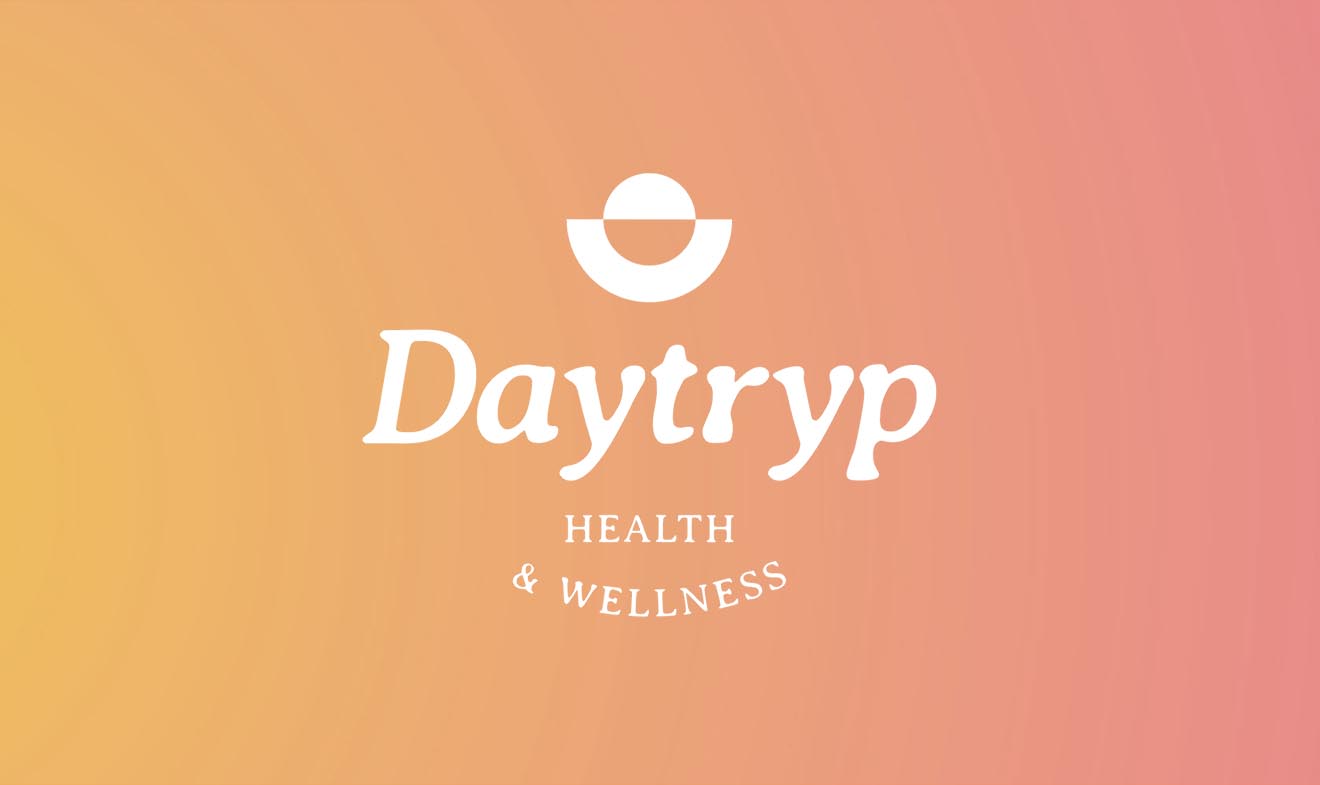

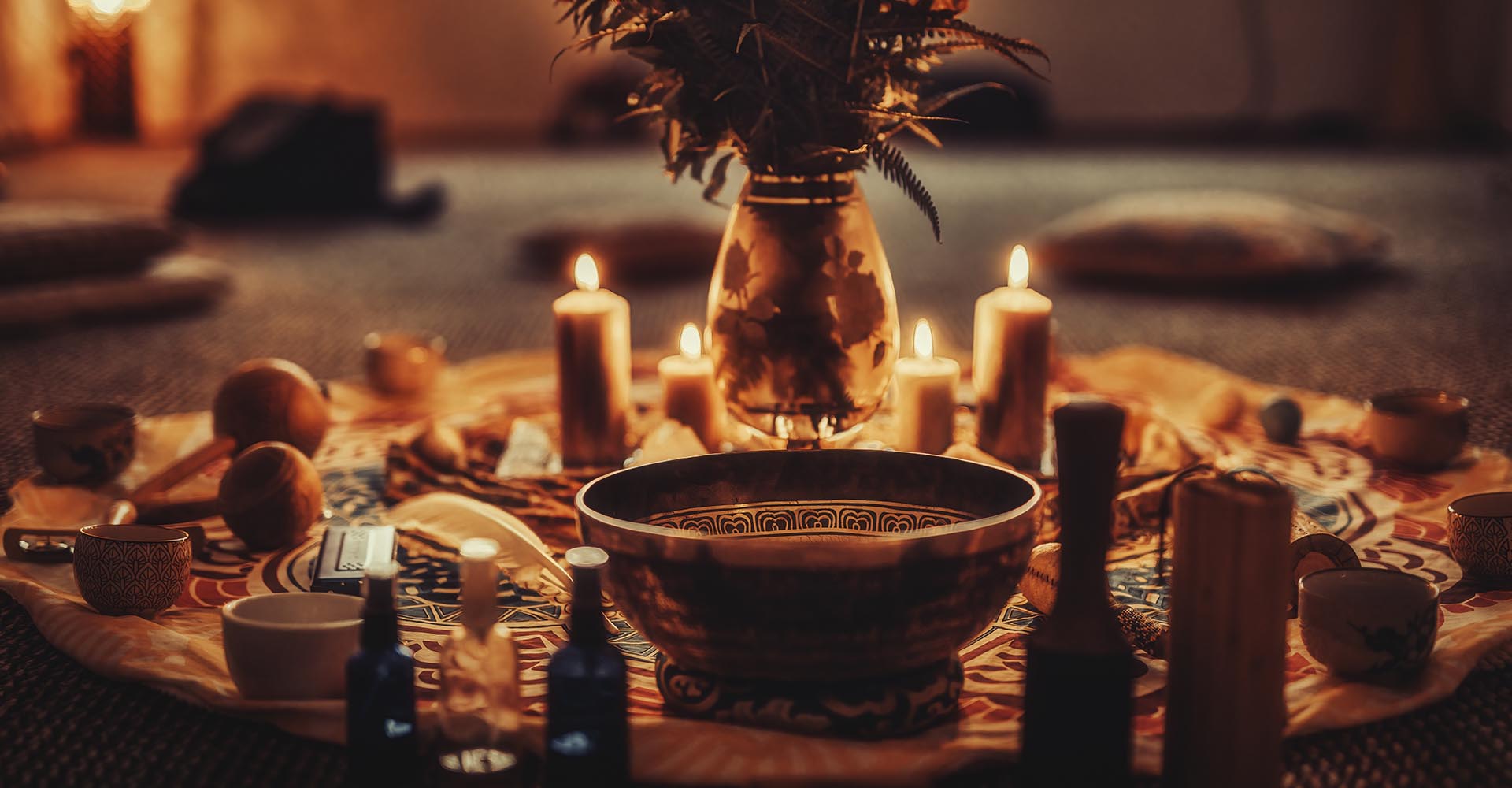
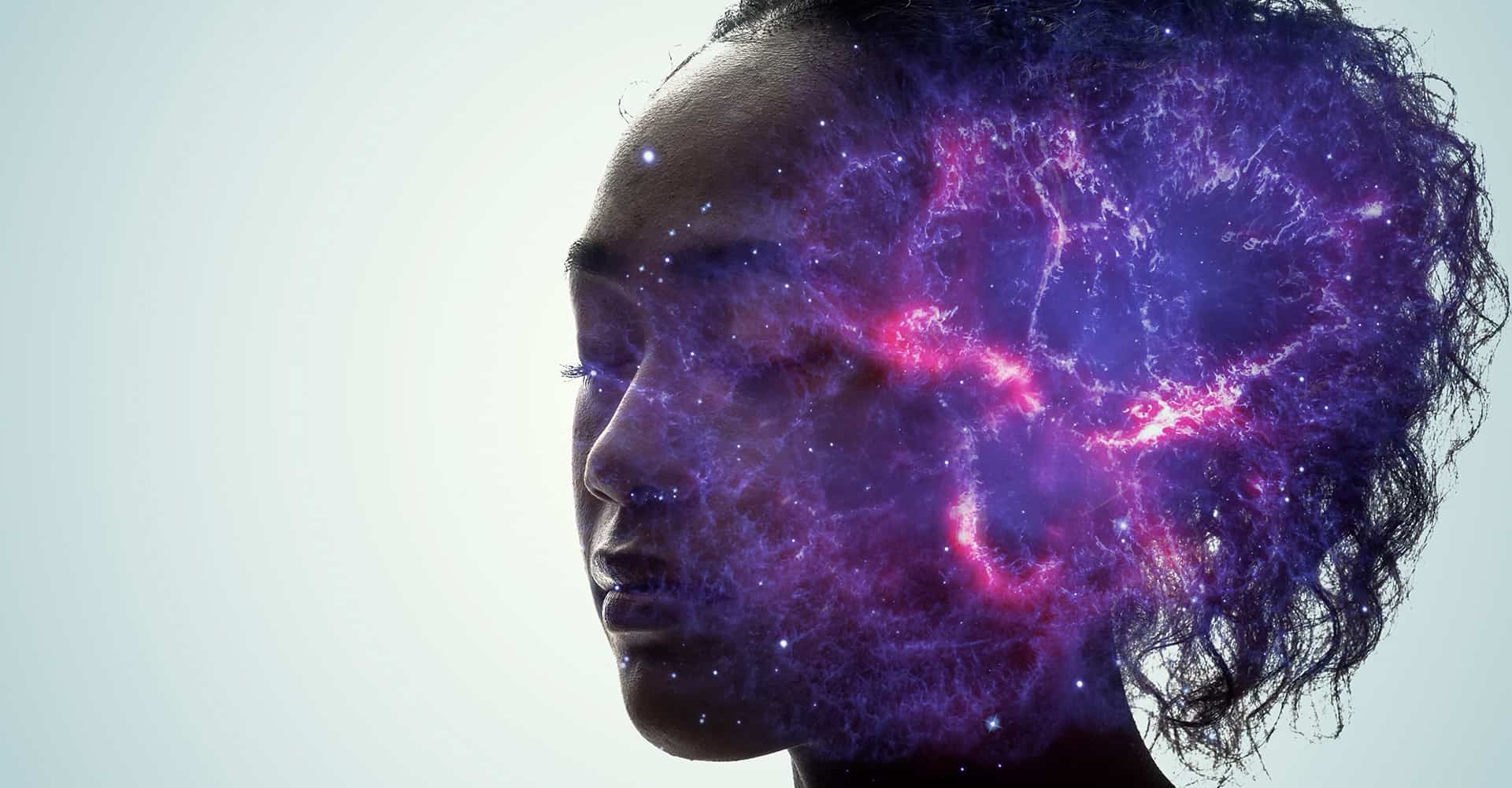
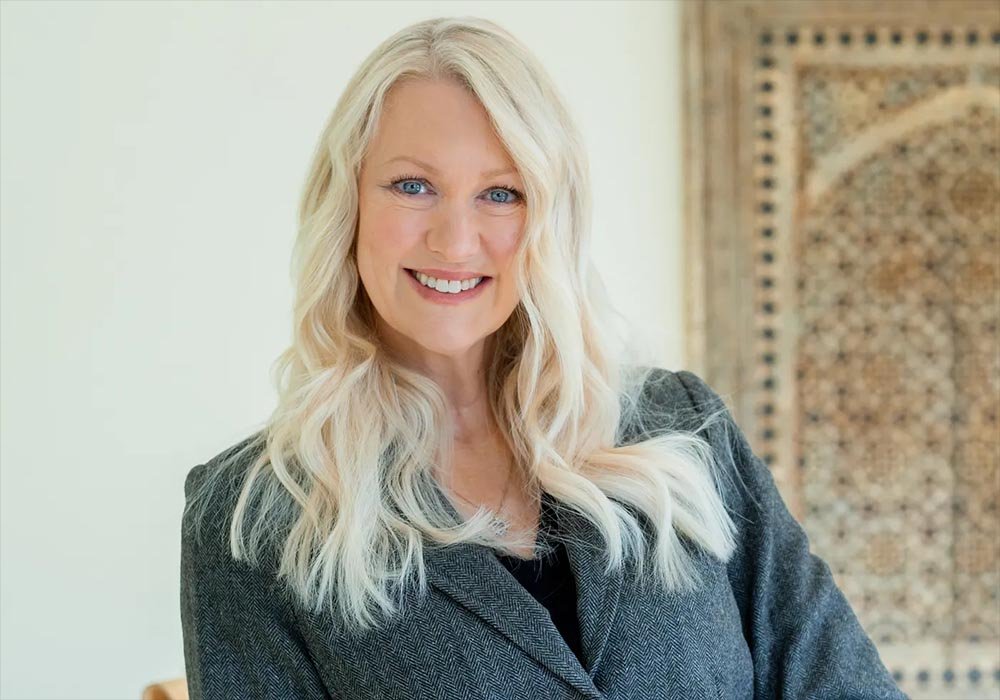




 Daytryp Health has taken
Daytryp Health has taken  The
The 